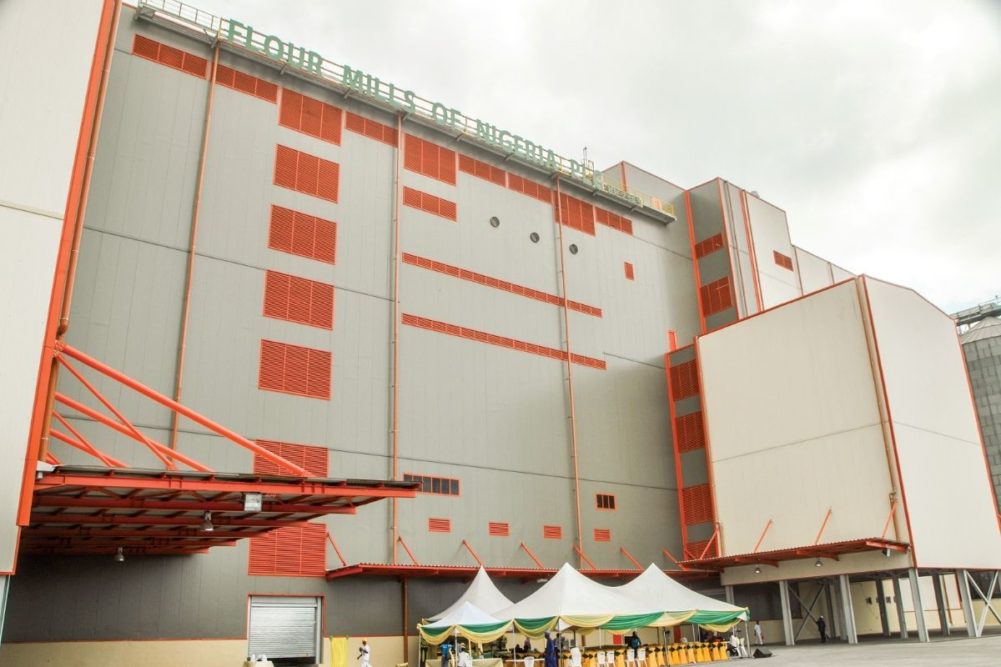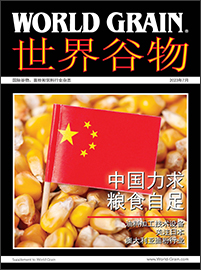LAGOS, NIGERIA — Honeywell Flour Mills PLC, one of Nigeria’s leading flour mills and a subsidiary of Flour Mills of Nigeria, sustained a loss in fiscal year 2022 as the company faced lower sales volume and higher input costs.
Profit for the year dropped 187% to a loss of N983 million ($2.13 million), the company’s first since 2015-16.
The COVID-19 pandemic and the Russia's invasion of Ukraine, along with domestic fiscal and monetary challenges, currency depreciation and food supply pressures led to inflationary pressures, said Omoboyede Olusanya, chairman of the company.
“For us at Honeywell, this steep rise in input cost inflation was one of the defining factors of the year, impacting on each of our product categories,” he said. “We are navigating these challenges, as we continue to pursue our long-term strategy to achieve 15% share of the primary flour market share and diversify through innovation into non-wheat categories, underpinned by our three key drivers of performance: growth, efficiency and capability.”
In response to rising input costs, Honeywell took price actions, which in combination with lower consumer disposable income and availability of cheaper local substitutes led to a 9% contraction in demand.
Higher input costs and persistent naira depreciation dropped gross profit by 26% to $25.2 million.
Revenue grew 24% to $296.3 million, surpassing the previous record $236.8 million.
Efficiency will be critical in the high inflationary environment, Olusanya said. As such, Honeywell will focus on disciplined cost management, improving manufacturing and supply chain efficiency at all levels.
The company reduced selling and distribution expenses by 18% by focusing on warehouse efficiency, expanding operational capacity and exploring strategic partnerships.
It also improved reliability of power-generating assets to minimize downtime and achieve planned production volumes.
In May 2022, Flour Mills of Nigeria PLC completed the acquisition of a majority stake in Honeywell. The acquisition enables both companies to extend their combined reach across Nigeria and expand into Africa.
“We are convinced that in the long run, the economies of scale would pay off, and integrating FMN with HFMP would be a success and yield significant benefits for all,” Olusanya said. “We are taking this first year as a year of integration and management of the transition. It is also the year for us to put the synergies we want to achieve in place.”





